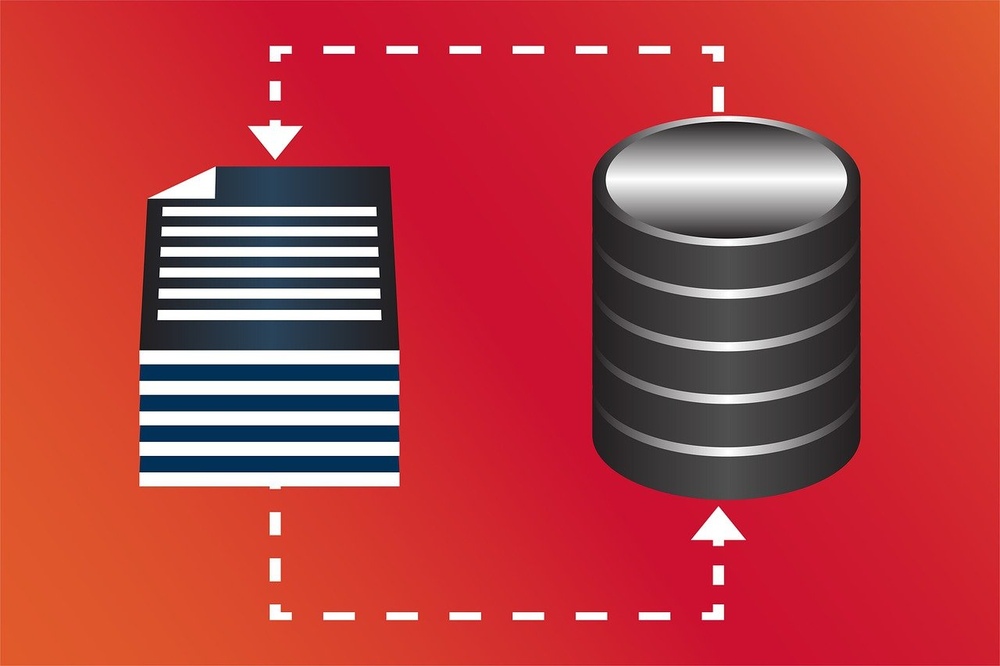
Maximizing Performance: Tips for Optimizing Your Shared Web Hosting Service
In the competitive landscape of online presence, the performance of your website can significantly impact user experience, SEO rankings, and ultimately, your business success. For many small to medium-sized enterprises, shared web hosting services offer a cost-effective solution to host their websites. However, maximizing performance on a shared hosting plan requires strategic optimization to ensure your site runs smoothly and efficiently. Here are essential tips to enhance the performance of your shared web hosting service.
Understanding the Basics of Shared Web Hosting
Shared web hosting involves multiple websites sharing resources on a single server. While this arrangement is economical, it means that server resources such as CPU, RAM, and bandwidth are distributed among all hosted websites. Therefore, optimizing your site’s performance begins with understanding how shared hosting operates and how you can leverage its resources effectively.
Why Startups Should Use Shared Web Hosting Services
Optimize Your Website’s Code and Content
Efficient coding practices and optimized content can significantly improve your website’s performance on a shared hosting plan. Minimize unnecessary CSS, JavaScript, and HTML files to reduce server load and enhance loading times. Compress images and multimedia content to lower bandwidth usage without compromising visual quality. Utilize caching plugins or server-side caching mechanisms to store frequently accessed data and deliver it quickly to users.
Choose a Lightweight and Responsive Theme
The theme you choose for your WordPress site plays a crucial role in its performance. Opt for lightweight themes that prioritize speed and responsiveness. Themes optimized for SEO and mobile devices can improve user experience and reduce bounce rates, contributing to better performance metrics. Avoid excessively complex themes with bloated code that may strain server resources on a shared hosting environment.

Implement Content Delivery Network (CDN) Integration
Integrating a Content Delivery Network (CDN) can significantly enhance the speed and reliability of your website, especially on a shared hosting plan. A CDN distributes your site’s static content across multiple servers worldwide, reducing latency and improving load times for visitors from different geographic locations. Choose a CDN provider with robust caching capabilities and easy integration with WordPress to maximize performance benefits.
Monitor and Optimize Database Performance
Database queries are critical to WordPress performance, especially on shared hosting where database resources are shared among multiple sites. Regularly optimize your WordPress database by cleaning up unnecessary data, such as post revisions, spam comments, and unused plugins. Use database optimization plugins to defragment tables, optimize queries, and improve overall database efficiency. Consider scheduling regular backups and database maintenance to prevent performance bottlenecks.

Utilize Server-Side Optimization Techniques
Shared hosting providers offer various server-side optimization techniques to enhance website performance. Enable GZIP compression to reduce the size of transmitted data between the server and user browsers, thereby speeding up page loading times. Implement server-level caching mechanisms, such as OpCode caching and object caching, to store PHP scripts and database queries in memory for faster retrieval. Consult your hosting provider or server administrator to ensure these optimizations are properly configured for your website.
Monitor and Manage Resource Usage
Shared hosting plans impose limitations on server resources to ensure fair distribution among users. Monitor your website’s resource usage regularly through your hosting control panel or third-party monitoring tools. Identify processes or plugins consuming excessive CPU or RAM and optimize or deactivate them accordingly. Stay within allocated resource limits to prevent performance degradation or potential suspension of your hosting account due to overuse.
Optimize Security Measures Without Compromising Performance
Maintaining robust security measures is crucial for every website, including those hosted on shared servers. However, some security plugins or configurations may impact performance if not optimized correctly. Choose lightweight security plugins tailored for shared hosting environments that offer essential features like firewall protection, malware scanning, and login security without excessive resource consumption. Implement SSL/TLS certificates to encrypt data transmission and enhance user trust, which also positively impacts SEO rankings.
| Benefit | Description |
|---|---|
| Cost-Effective | Shared hosting is the most affordable option, making it ideal for startups and small businesses. |
| User-Friendly | Most shared hosting services offer easy-to-use control panels and one-click installations. |
| Maintenance | The hosting provider manages server maintenance and updates, freeing you to focus on your website. |
| Scalability | Many shared hosting plans offer easy upgrades to higher tiers as your site grows. |
| Technical Support | Shared hosting services typically include customer support to assist with technical issues. |
| Multiple Domains | Many shared hosting plans allow hosting multiple domains on a single account. |
| Pre-installed Software | Shared hosting often comes with pre-installed software like WordPress, saving time and effort. |
| Resource Management | Hosting providers optimize resource allocation to ensure fair usage among users. |
Regularly Update WordPress Core, Themes, and Plugins
Keeping your WordPress core, themes, and plugins up to date is essential for both security and performance optimization. Updates often include bug fixes, performance improvements, and new features that can enhance your website’s stability and speed. Set up automatic updates for WordPress core and essential plugins to ensure you’re always running the latest versions without manual intervention. Prioritize themes and plugins that are actively maintained and optimized for performance on shared hosting environments.
Conclusion
Maximizing performance on a shared web hosting service requires a proactive approach to optimization, leveraging efficient coding practices, responsive design, CDN integration, database management, server-side optimizations, resource monitoring, security enhancements, and regular updates. By implementing these tips effectively, you can ensure your website delivers optimal speed, reliability, and user experience, even within the constraints of a shared hosting environment. Stay vigilant in monitoring performance metrics and adapting your optimization strategies as your site grows to maintain peak performance and achieve your business goals.
